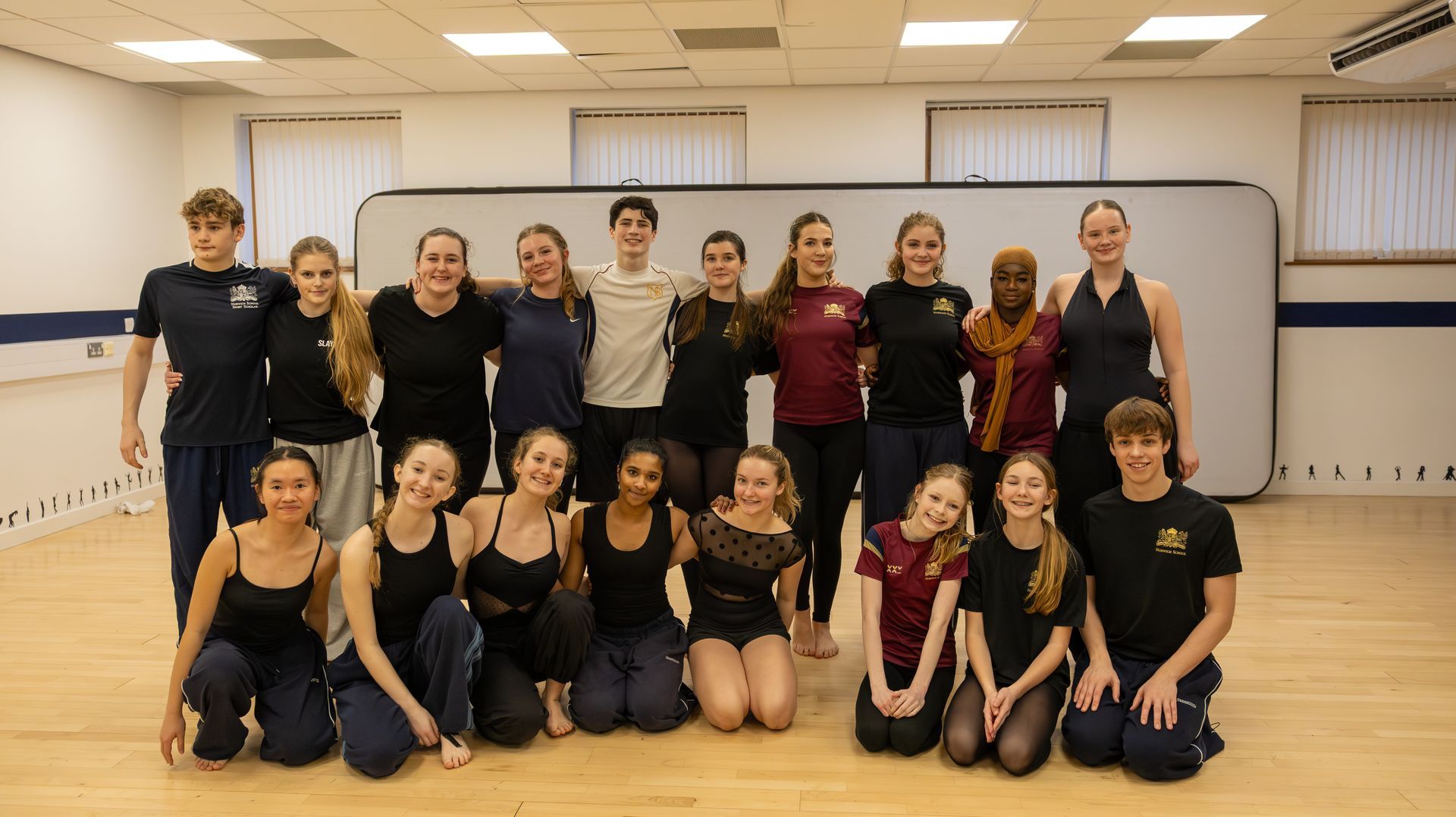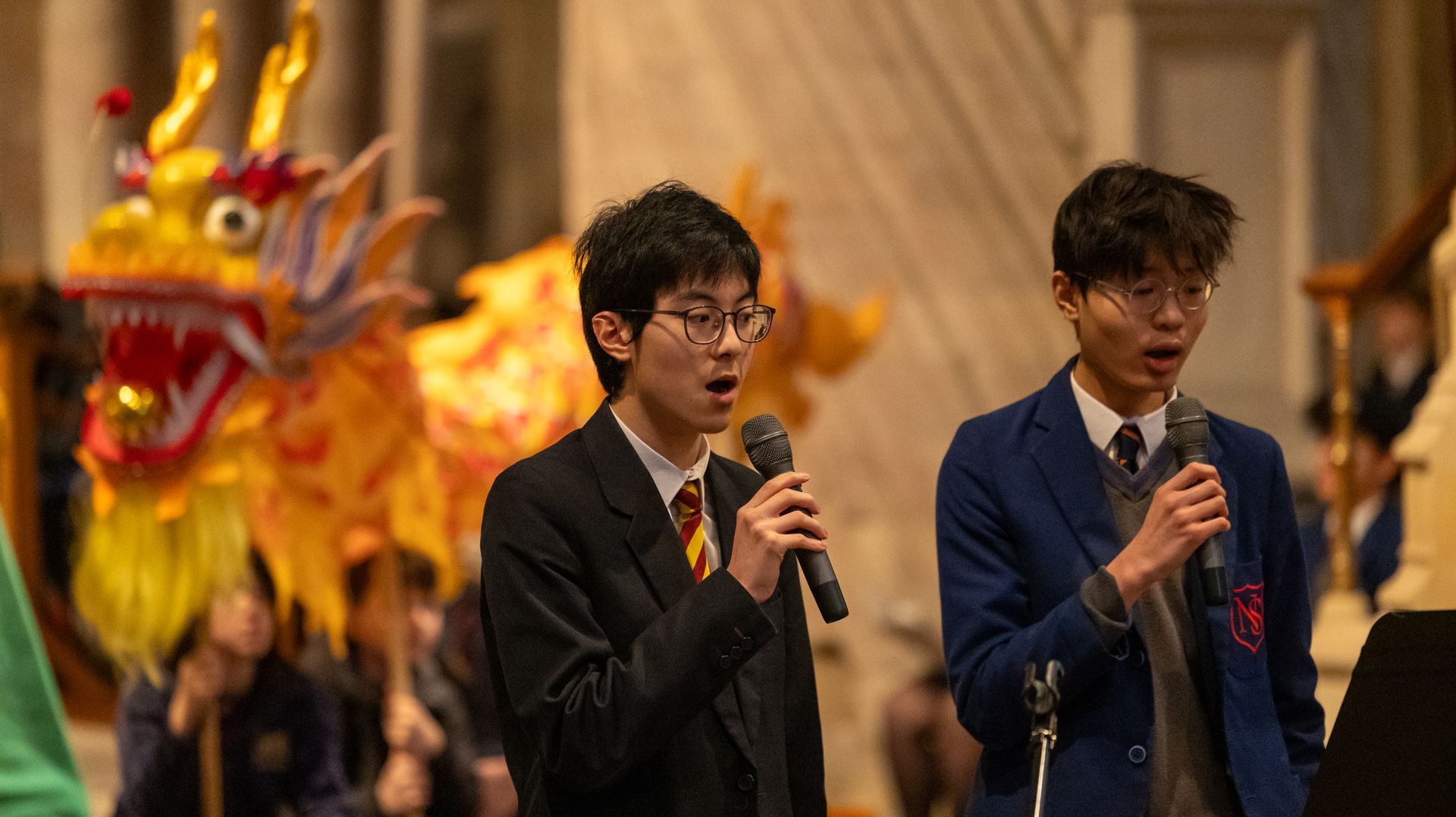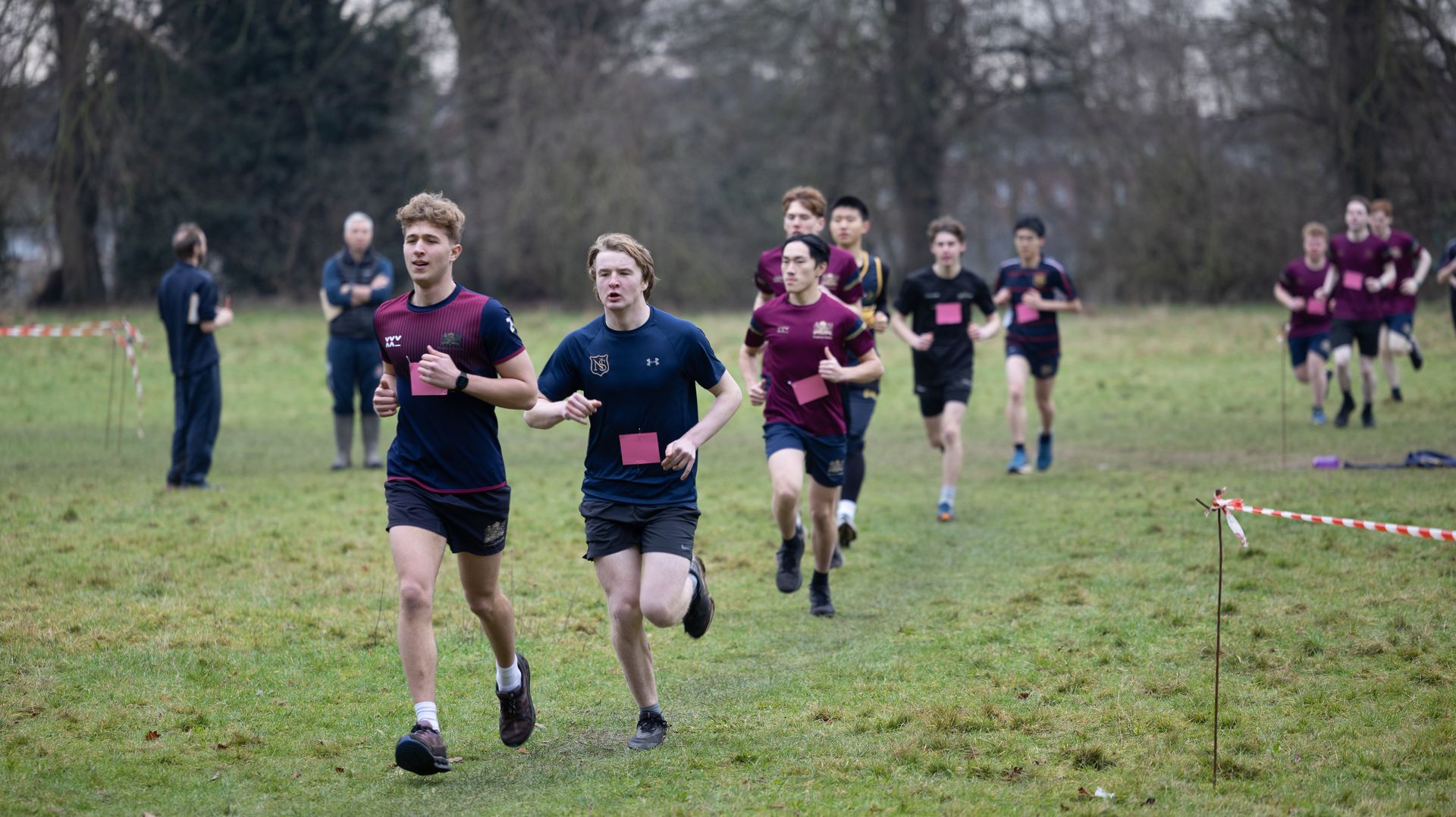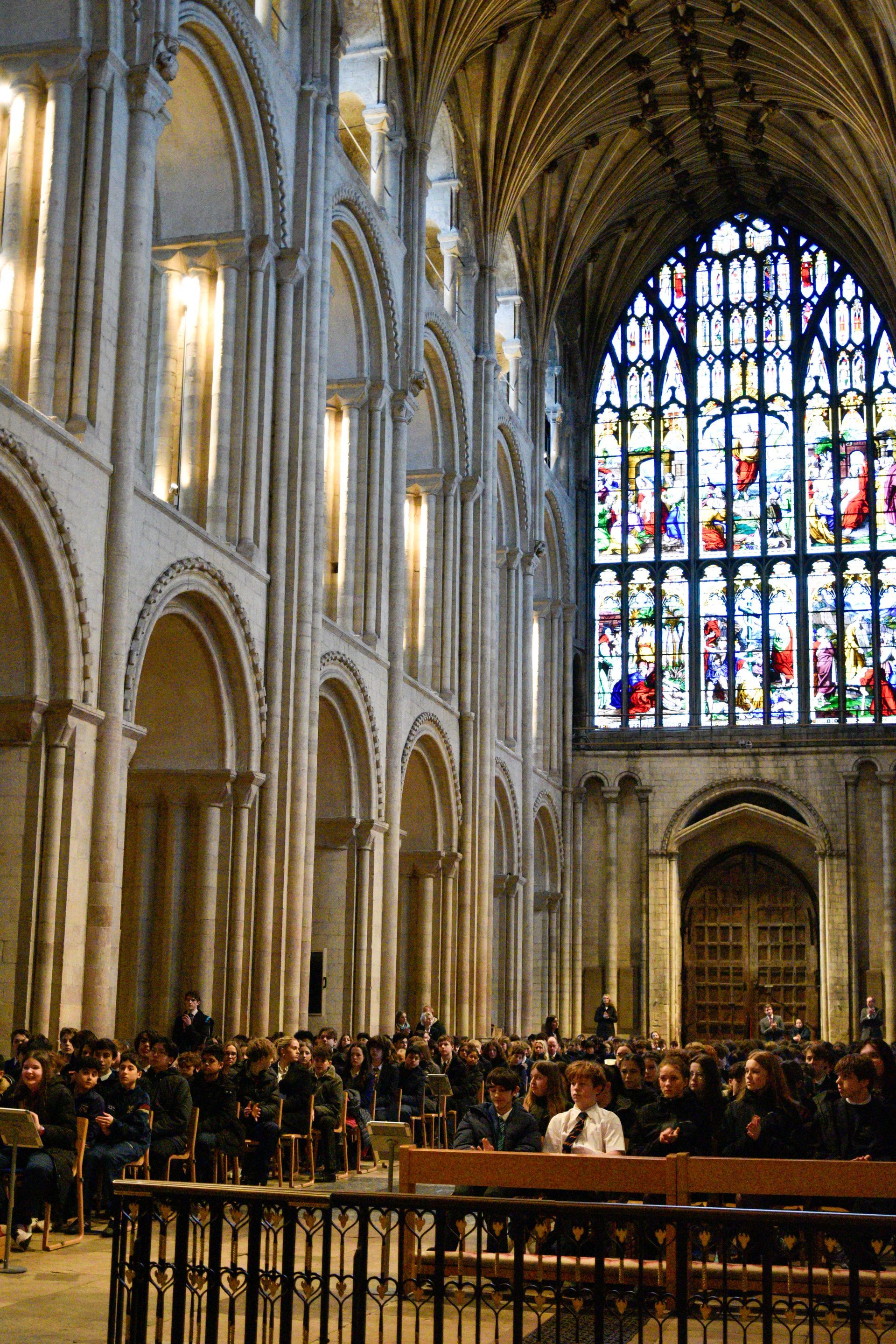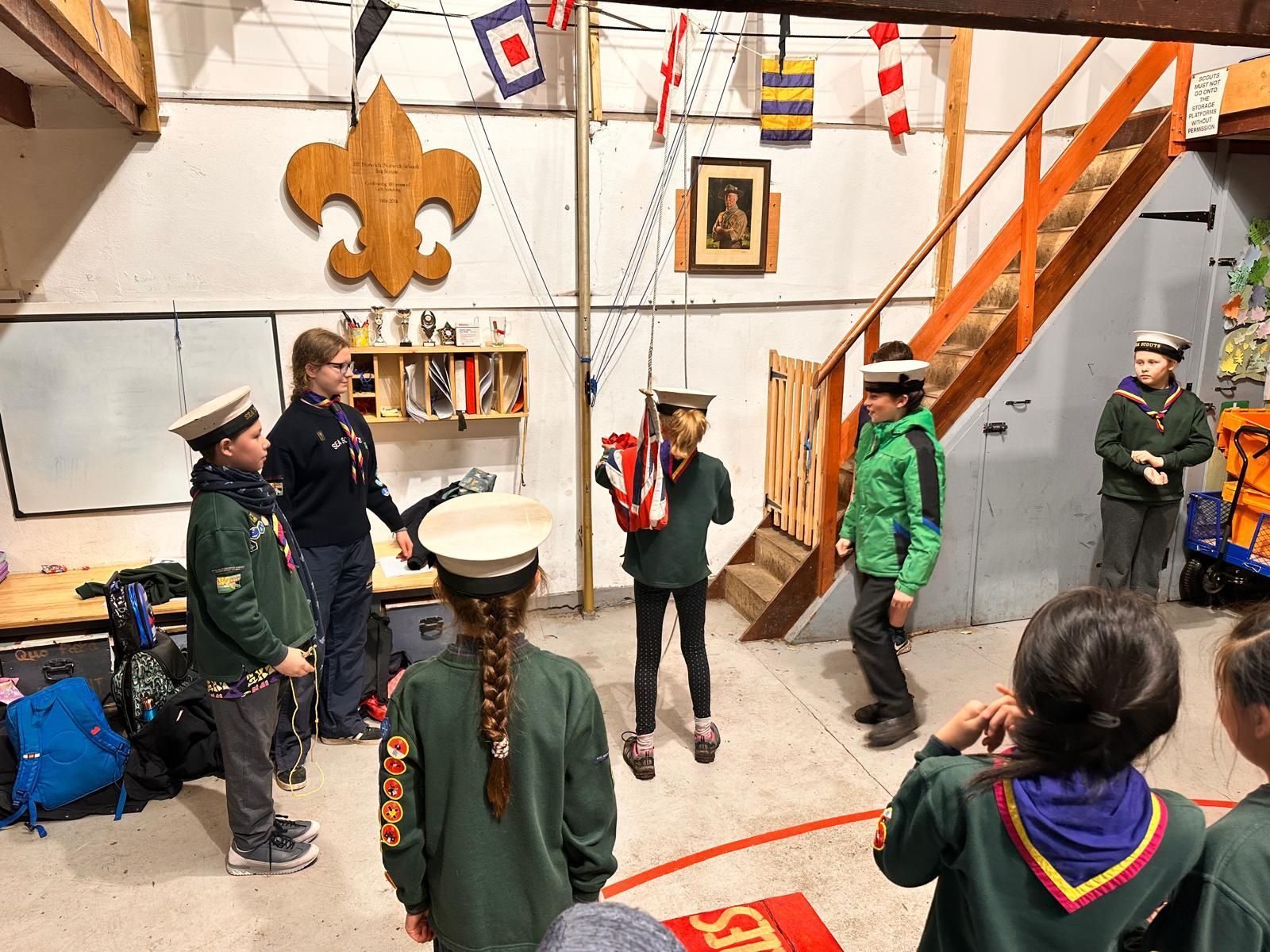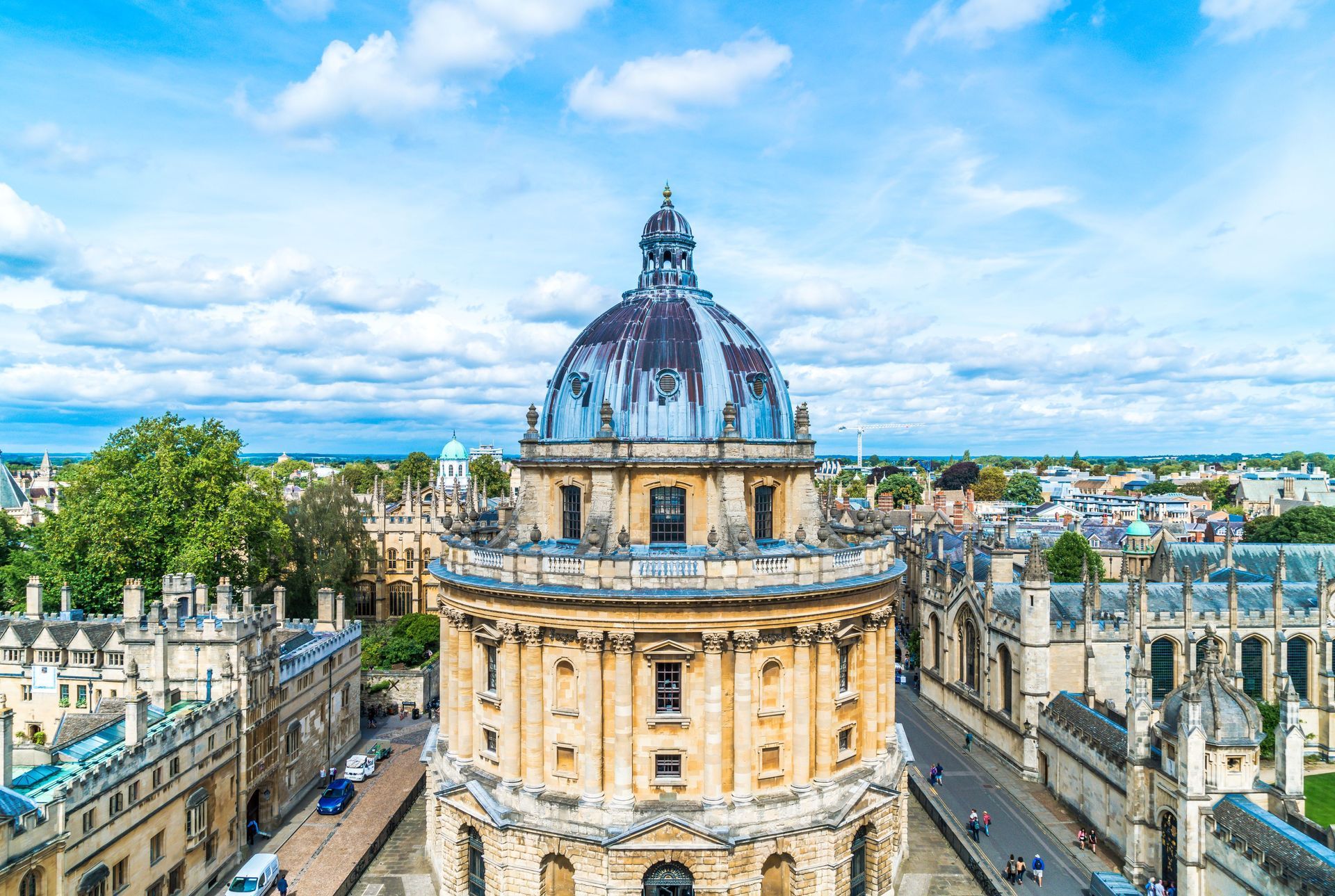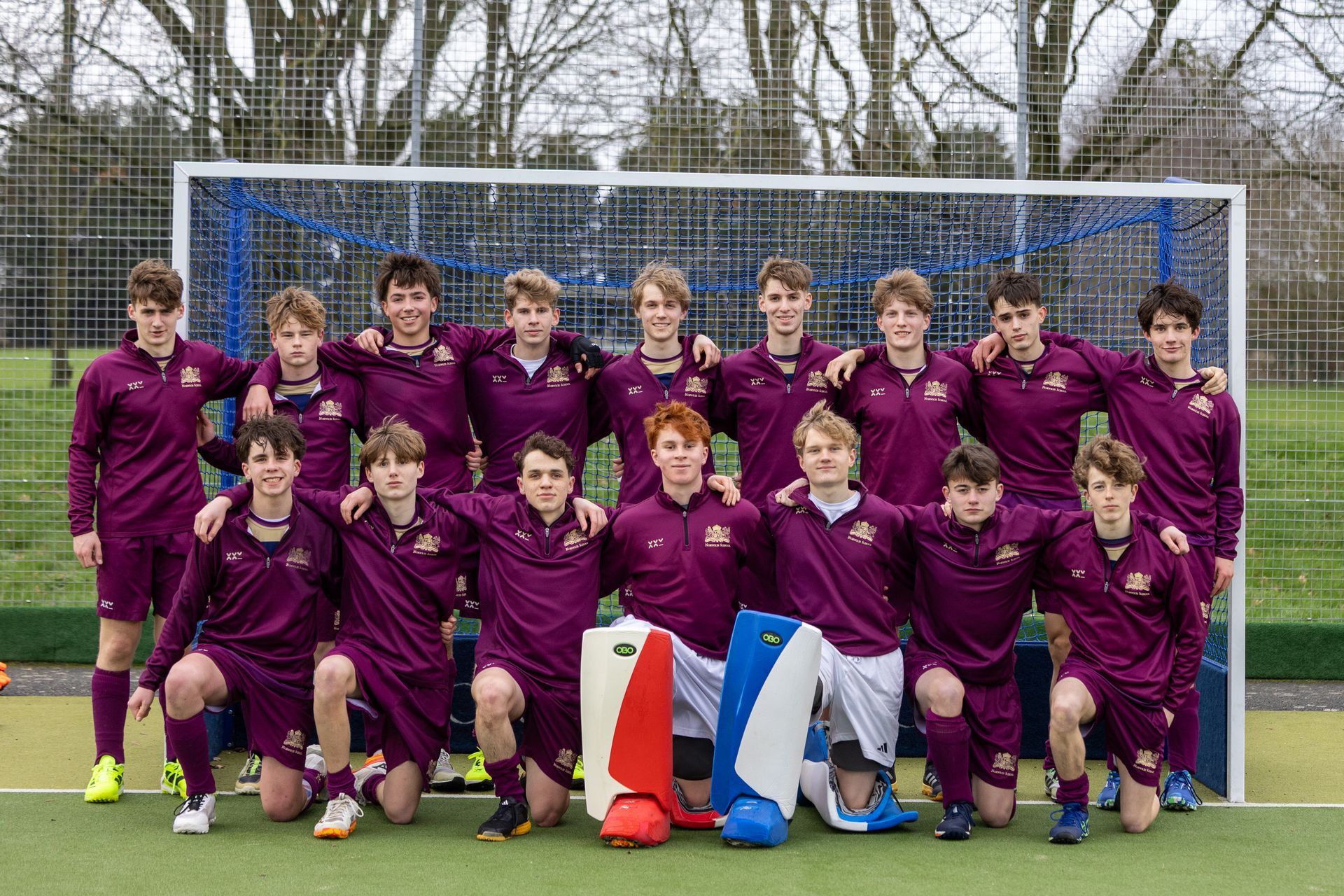Love Your Enemies - an Address from Rev Child
November 14, 2025
You have heard that it was said, “Love your neighbour and hate your enemy.” But I tell you, love your enemies and pray for those who persecute you, that you may be children of your Father in heaven. He causes his sun to rise on the evil and the good, and sends rain on the righteous and the unrighteous. If you love those who love you, what reward will you get? Are not even the tax collectors doing that? And if you greet only your own people, what are you doing more than others? Do not even pagans do that? Be perfect, therefore, as your heavenly Father is perfect. (Matthew 5:43-48)
Our assemblies this week have had a bit of a theme. As well as marking Armistice Day on Tuesday, we have had some Remembrance hymns, and we heard Dr Boutemy telling us about a member of her family who was displaced and relocated around Europe during wartime.
I want to round off this week with a thought about the Bible passage we’ve just heard, where Jesus told his listeners to ‘love your enemies and pray for those who persecute you.’ Because during Remembrance, after the fighting and the fallen have been remembered, people of faith have one further thing to think about – forgiveness.
I want to mention three memorials to the idea of Loving Your Enemies that you can find in and around this cathedral. The first is the most famous. If you were to head all the way down to the East End of the cathedral, into the military chapel of St Saviour’s and through a door on the right, you would arrive outside at the grave of Edith Cavell. Many of you will know that she was a nurse in the First World War; you may also know that, according to her Christian principles, she treated wounded soldiers whatever side they were on. She was eventually sentenced to death for helping Allied Troops escape occupied Belgium. The words she said to a visiting chaplain on the night before her execution have become famous:
“Standing as I do in view of God and Eternity, I realise that patriotism is not enough. I must have no hatred or bitterness towards anyone.”
Edith Cavell was a Norfolk girl who became a famous Englishwoman, but in the end she saw herself as a member of the human family. That’s the cathedral’s first example of someone who forgave her enemies.
The second example is much closer. If you look on the pillar wall just down here where the prefects are standing, you can see a plaque in memory of Alan Webster. He was the forward-thinking dean of Norwich Cathedral in the 1970s, and he introduced a number of things that we now take for granted – for instance, the idea of having toilets in the cathedral and opening up Riverside Walk. In many different ways he made Cathedral Close more welcoming. After Norwich he was made the Dean of St Paul’s Cathedral in London, which meant that at the end of the Falklands War in 1982, he was the person organising the service to mark the occasion. He was not content to make it a one-sided victory parade; instead he wanted to include prayers for the defeated Argentinians and he proposed having the Lord’s Prayer in Spanish as a gesture of reconciliation. At the time a lot of people disagreed with these ideas, but they came from his determination to love the enemy.
The third example comes from the person I think you’re least likely to have heard of. If you were to go through that archway under the organ, you would find a small chapel with a small altar. And on that altar, the cathedral keeps copies (for visitors to take away) of a prayer found written on a scrap of paper in Ravensbruck Concentration Camp in Germany. It was written by prisoner number 31,795. It is a prayer of extraordinary grace, and it goes like this:
O Lord, remember not only the men and women of good will but also those of ill will. But do not remember all the suffering they have inflicted upon us; remember the fruits we have borne thanks to this suffering – our comradeship, our loyalty, our humility, our courage, our generosity, the greatness of heart which has grown out of all this. And when they come to the judgement, let all the fruits that we have borne be their forgiveness. Amen.
This prisoner prays – quite counterintuitively – for the people who are treating her with cruelty. She doesn’t just forgive them in this life; she prays for them to be forgiven in the life to come, because the suffering of the prisoners has, in one way, been positive; it has allowed them to grow in character and spirit.
I don’t quite know how these three people – Edith Cavell, Alan Webster and a less famous wartime prisoner – were able to show love to people it would be much easier to hate. And I also wonder how much difference it will make to us the next time we are annoyed, injured or inconvenienced by someone – and that will be probably be today. But I do know that when we’re in here, we are in a place that takes seriously the ambition to love our enemies.
